Cash-strapped Dish still interested in buying 800MHz spectrum from T-Mobile as a deadline looms

As we told you back in March, Dish has the option to buy some low-band 800MHz spectrum from T-Mobile for $3.59 billion. The latter was told to get rid of the airwaves by the FCC as part of the regulatory agency's agreement to allow T-Mobile to purchase Sprint. According to comments made by T-Mobile CEO Mike Sievert during the carrier's recent Q2 conference call, the deadline for Dish to exercise the option is tomorrow, August 11th.
But according to Fierce Wireless, Dish's most recent 10-Q filing with the SEC mentioned an August 30th deadline. New Street Research (NSR) analysts said in a report for investors that during Dish's conference call held earlier this week, Dish Chairman Charlie Ergen said that there was no real deadline since negotiations can continue after the August 30th deadline passes.
During the call, Ergen said, "I think as long as the parties are negotiating, I think things will remain open. I can only say there are negotiations going on at the highest levels between the companies and neither company has come to a resolution on that." Once Dish, T-Mobile, or both firms come to the conclusion that no deal is going to get done, that is when we probably will see an end to the negotiations.
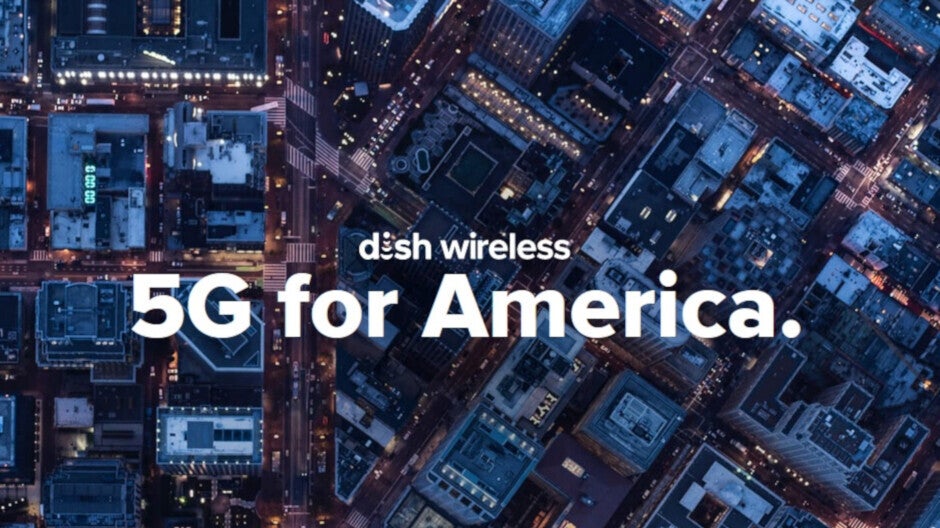
Dish needs to cover 75% of the U.S. with 5G by June 2025
Ergen also made a point of saying that Dish will not leverage its balance sheet to purchase the low-band spectrum but otherwise did not mention how cash-strapped Dish will pay for the airwaves. During the conference call, Dish also said that it would spend $2 billion in capital expenditures in 2024 and 2025, and that includes paying to meet the FCC's 5G requirements which call for it to cover 75% of the U.S. with 5G by the end of June 2025. Currently, that figure is at 73%.
With Dish so constrained by its finances, why would it spend billions more for additional low-band spectrum? Ergen says that the competition has twice as much spectrum as Dish and Dish's radios already include 800MHz spectrum so no additional money needs to be spent there. And speaking of money, the wide-coverage characteristic of low-band spectrum means that buildout costs would be lower. The one drawback with low-band airwaves is that they do not deliver the faster downlink data speeds available with mid-band spectrum.
Dish is also monitoring the saga involving UScellular whose parent company, Telephone & Data Systems (TDS), said last week that it is ready to explore "strategic alternatives" for the company which has roughly 4.2 million subscribers and operates in rural parts of the U.S. where Dish has yet to complete its buildout. While it sounds like a good fit for Dish, Executive Vice President Tim Cullen says that there hasn't been enough information released about how TDS plans to get rid of UScellular.
Follow us on Google News


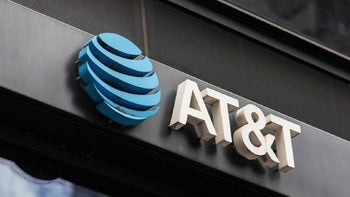
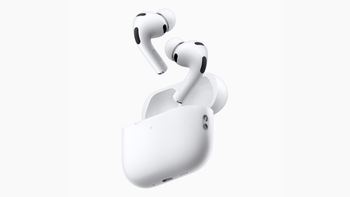
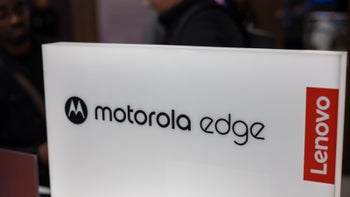

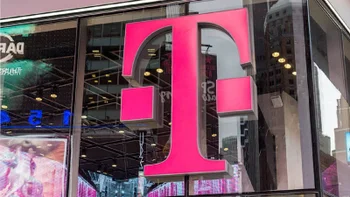
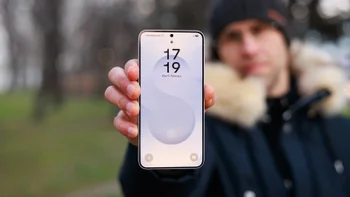
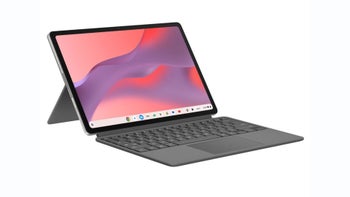
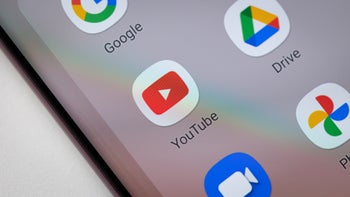
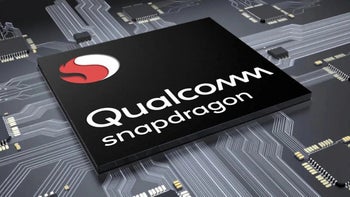
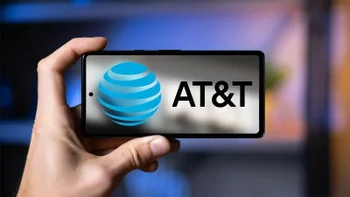
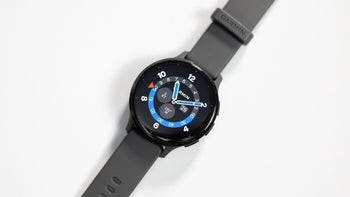
Things that are NOT allowed:
To help keep our community safe and free from spam, we apply temporary limits to newly created accounts: